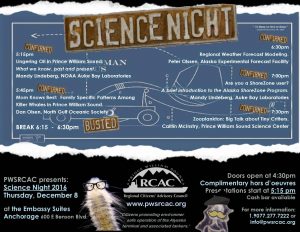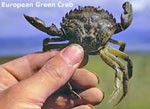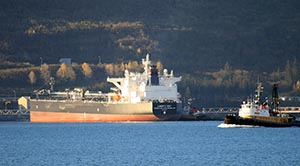 The council held our annual Science Night on Thursday, December 8. Presentations by scientists conducting research into areas of council interest are highlighted. This post has been updated with links to presentations. See below.
The council held our annual Science Night on Thursday, December 8. Presentations by scientists conducting research into areas of council interest are highlighted. This post has been updated with links to presentations. See below.
“Lingering Oil in Prince William Sound: What we know, past and present”
Presenter: Mandy Lindeberg, NOAA Auke Bay Laboratories
“Mom Knows Best: Family Specific Patterns Among Killer Whales in Prince William Sound”
Presenter: Dan Olsen, North Gulf Oceanic Society
“Regional Weather Forecast Modeling”
Presenter: Peter Olsson, Alaska Experimental Forecast Facility
“Are you a ShoreZone user? A brief introduction to the Alaska ShoreZone Program”
Presenter: Mandy Lindeberg, Auke Bay Laboratories
“Zooplankton: Big Talk about Tiny Critters”
Presenter: Caitlin McKinstry, Prince William Sound Science Center
 The council is collaborating with the Prince William Sound College and the Smithsonian for a two-day Marine Invasive Species Bioblitz on September 9 and 10 in Valdez. Learn about invasive species that threaten Prince William Sound and look for them in Valdez Harbor.
The council is collaborating with the Prince William Sound College and the Smithsonian for a two-day Marine Invasive Species Bioblitz on September 9 and 10 in Valdez. Learn about invasive species that threaten Prince William Sound and look for them in Valdez Harbor.
